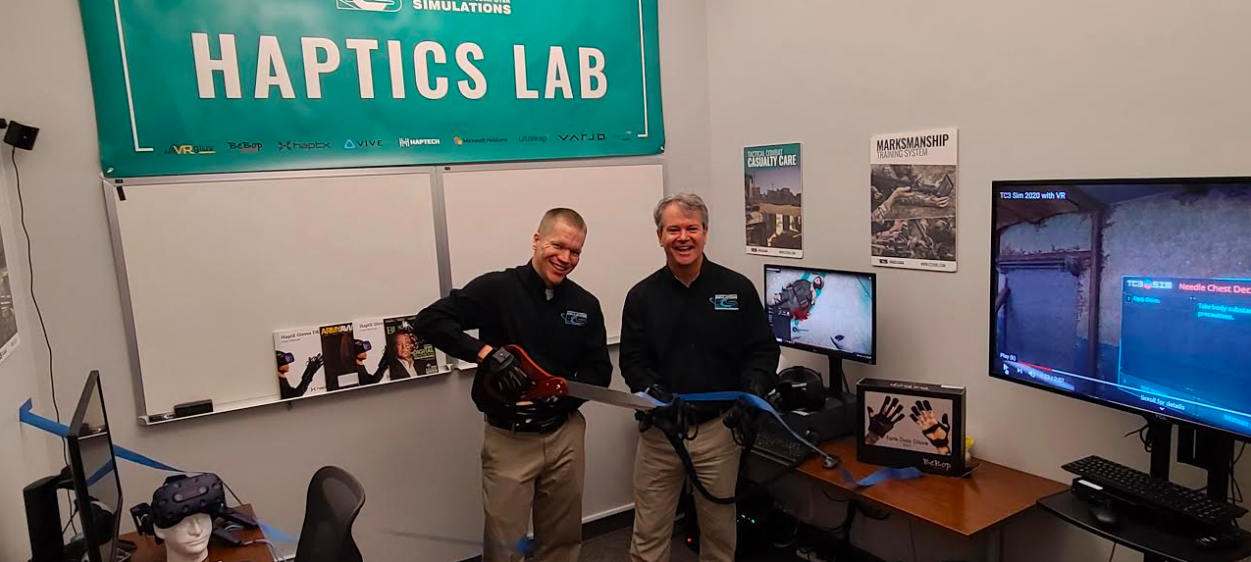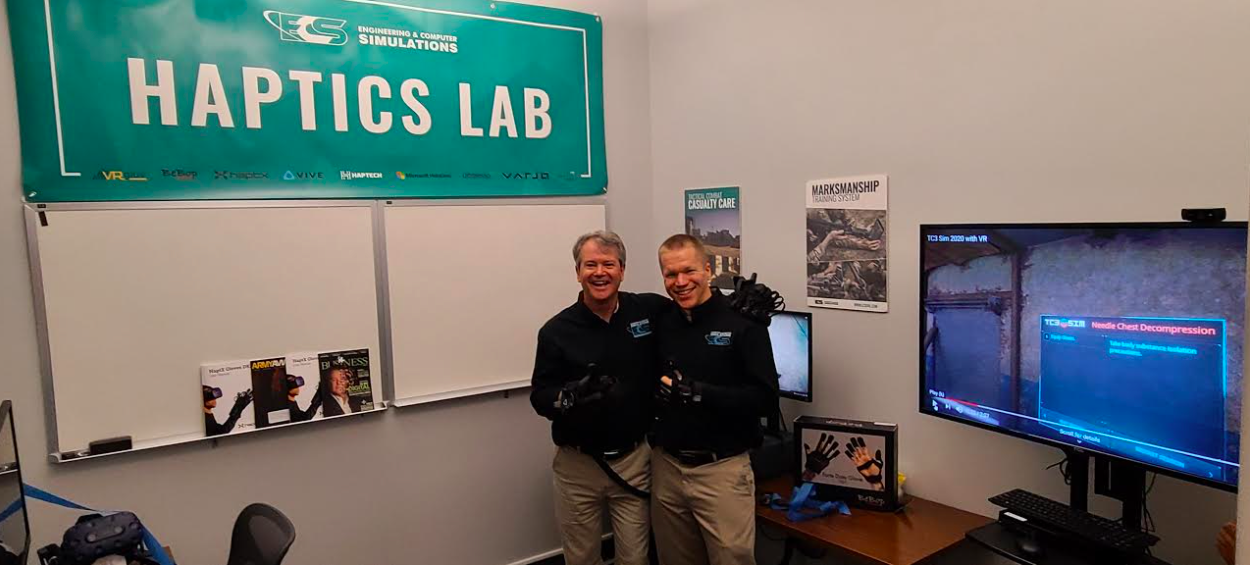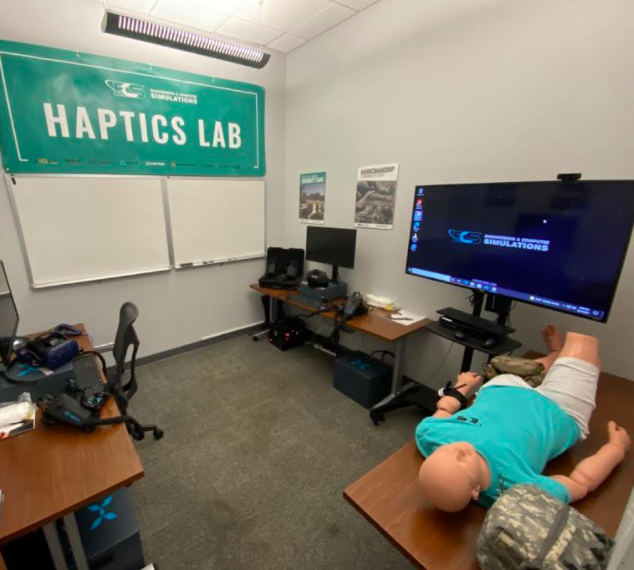Post originally appearing on presswire.com.
3D Cloud by Marxent CEO: "As we introduce AI/ML, room scanning, and other advanced features, it's critical to keep the client perspective front and center."
ST. PETERSBURG, Fla., Feb. 23, 2023 /PRNewswire/ -- Today 3D Cloud™ by Marxent, the 3D experience platform for furniture and home improvement, announced the appointment of Lorna Jean Marcuzzo of MillerKnoll and Gail Applin, formerly of La-Z-Boy, to the 3D Cloud by Marxent Advisory Board. The Advisory Board is comprised of industry veterans from across home improvement, contract furniture, home furnishings, and adjacent industries.
Marcuzzo, currently Senior Digital Product Manager for 3D Visualization at MillerKnoll, brings over a decade of experience in the contract furniture space with a focus on innovation. Similarly, Applin served as Director of eCommerce and Interactive Customer Experience at La-Z-Boy for nearly a decade and is presently Director of E-Commerce Strategy and Operations for Smith & Noble.
"Both Lorna Jean and Gail bring a wealth of furniture industry experience to the table," said Beck Besecker, 3D Cloud by Marxent's CEO and Co-Founder. "They have considerable industry insight and also know what it takes to lead and deploy successful 3D innovation strategies at scale."
"I've always been impressed with both the quality of the team and the speed of innovation at 3D Cloud by Marxent," Marcuzzo said. "They are solving major challenges for the contract furniture industry, and I'm excited to be a part of the future of 3D visualization that we're building together," she said.
"Leading the 3D efforts for a highly customized product was challenging and 3D Cloud by Marxent was the perfect partner in innovation," Applin said. "I'm honored to be a part of the advisory board and to continue our collaboration," she said.
3D Cloud by Marxent pioneered the use of 3D in retail with the first major rollout of in-store Virtual Reality at scale and was an early developer of Augmented Reality applications for retail use cases. The company continues to serve the furniture, contract furniture, and home improvement industries with 3D solutions for furniture, office, kitchen, bath, and decking. Innovations include Instant Renders, Design from Photo, and code-free product configuration at scale.
"Listening is essential in helping us to build next-gen 3D commerce solutions for the verticals that we serve. As we introduce AI/ML, room scanning, and other advanced features, it's critical to keep the client perspective front and center," Besecker said. "We are pleased to welcome Gail Applin and Lorna Jean Marcuzzo to the Advisory Board and look forward to their contributions," he said.
About 3D Cloud™ by Marxent
3D Cloud™ by Marxent is the 3D experience platform and global leader in 3D e-commerce for furniture, kitchen, bath, outdoor, office furniture, closets, and storage. The 3D Cloud platform is a B2B SaaS that allows retailers and brands to build endless applications from a single 3D product catalog. With 3D Cloud, 3D content is created, managed, and published to all 3D applications from a single source of truth for consistency across every touchpoint in the customer journey. Applications that run on 3D Cloud include 3D Product Configurators, 3D Sectional Configurator, 3D Room Planner with Design from Photo, 360 Product Spins, 3D Renders, WebAR, Augmented Reality retail apps, and Virtual Reality retail apps. 3D Cloud by Marxent has offices in Miamisburg, Ohio; St. Petersburg, Florida; London, England; and Auckland, New Zealand. Clients include a major U.S.-based home improvement retailer, Kingfisher plc, PlaceMakers, Mico, Kinsman, Macy's, Ashley, HNI Corporation, La-Z-Boy, Joybird, and John Lewis and Partners. The company is backed by Dan Gilbert and Arnie Bellini. For more information, visit 3dcloud.com.










